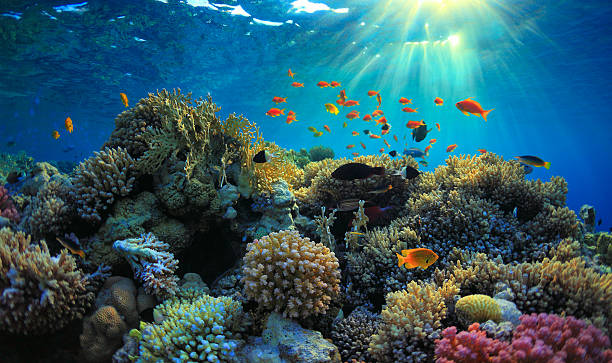Coral reefs, often referred to as the rainforests of the sea, are among the most diverse and valuable ecosystems on our planet. However, they are facing unprecedented threats due to climate change, including rising sea temperatures, ocean acidification, and extreme weather events. If we do not take urgent action to address these challenges, coral reefs could disappear within our lifetime. Fortunately, there are steps we can take to save these vital ecosystems and ensure their survival for generations to come.
Understanding the Threats
Before diving into solutions, it’s crucial to understand the threats facing coral reefs in a warming world:
- Rising Sea Temperatures: Climate change is causing ocean temperatures to rise, leading to coral bleaching—a phenomenon where corals expel the algae living in their tissues, turning them white and leaving them vulnerable to disease and death.
- Ocean Acidification: Increased levels of carbon dioxide in the atmosphere are being absorbed by the oceans, leading to ocean acidification. This makes it difficult for corals to build their calcium carbonate skeletons, essential for their growth and survival.
- Extreme Weather Events: Hurricanes, cyclones, and typhoons are becoming more frequent and intense due to climate change, causing physical damage to coral reefs and disrupting their delicate ecosystems.
- Pollution: Runoff from land-based sources, including agricultural fertilizers and sewage, introduces pollutants such as sediment and nutrients into the ocean, which can smother corals and fuel the growth of harmful algae.
Solutions to Save Coral Reefs
While the challenges facing coral reefs are significant, there are several strategies we can employ to help save them:
- Mitigating Climate Change: Addressing the root cause of coral reef decline requires global action to reduce greenhouse gas emissions. This includes transitioning to renewable energy sources, improving energy efficiency, and implementing policies to limit carbon emissions.
- Marine Protected Areas: Establishing marine protected areas (MPAs) can help safeguard coral reefs from overfishing, habitat destruction, and other human activities. These protected areas provide a safe haven for corals to recover and thrive.
- Sustainable Fishing Practices: Implementing sustainable fishing practices, such as regulating fishing gear and enforcing catch limits, can help prevent overfishing and protect the delicate balance of coral reef ecosystems.
- Coral Restoration and Rehabilitation: Initiatives focused on coral restoration and rehabilitation, such as coral gardening and transplanting, can help replenish damaged reefs and enhance their resilience to climate change.
- Reducing Pollution: Efforts to reduce pollution from land-based sources, such as improving wastewater treatment systems and implementing agricultural best practices, can help minimize the impact of sedimentation and nutrient runoff on coral reefs.
- Public Awareness and Education: Raising awareness about the importance of coral reefs and the threats they face is essential for inspiring action and mobilizing support for conservation efforts. Education programs, outreach campaigns, and eco-tourism initiatives can help engage communities in coral reef conservation.
A Call to Action
Coral reefs are facing unprecedented threats in a warming world, but it’s not too late to save them. By taking decisive action to address climate change, establish marine protected areas, promote sustainable fishing practices, restore damaged reefs, reduce pollution, and raise public awareness, we can protect these invaluable ecosystems for future generations. Now is the time for concerted global action to save coral reefs and preserve the biodiversity and beauty they sustain. Let’s act before it’s too late.


